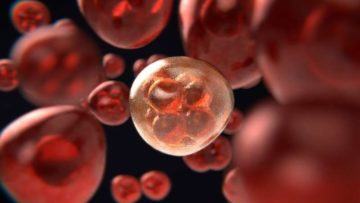Jeanette Sanchez in Phys.Org:
 In the study, investigators reported the extensive presence of mouse viruses in patient-derived xenografts (PDX). PDX models are developed by implanting human tumor tissues in immune-deficient mice, and are commonly used to help test and develop cancer drugs.
In the study, investigators reported the extensive presence of mouse viruses in patient-derived xenografts (PDX). PDX models are developed by implanting human tumor tissues in immune-deficient mice, and are commonly used to help test and develop cancer drugs.
“What we found is that when you put a human tumor in a mouse, that tumor is not the same as the tumor that was in the cancer patient,” said W. Jim Zheng, Ph.D., professor at the School of Biomedical Informatics and senior author on the study. “The majority of tumors we tested were compromised by mouse viruses.” Using a data-driven approach, researchers analyzed 184 data sets generated from sequencing PDX samples. Of the 184 samples, 170 showed the presence of mouse viruses. The infection is associated with significant changes in tumors, and Zheng says that could affect PDX as a drug testing model for humans.
“When scientists are looking for a way to kill a tumor using the PDX model, they assume the tumor in the mouse is the same as cancer patients, but they are not. It makes the results of a cancer drug look promising when you think the medication kills the tumor—but in reality, it will not work in human trial, as the medication kills the virus-compromised tumor in mouse,” Zheng said.
More here.
